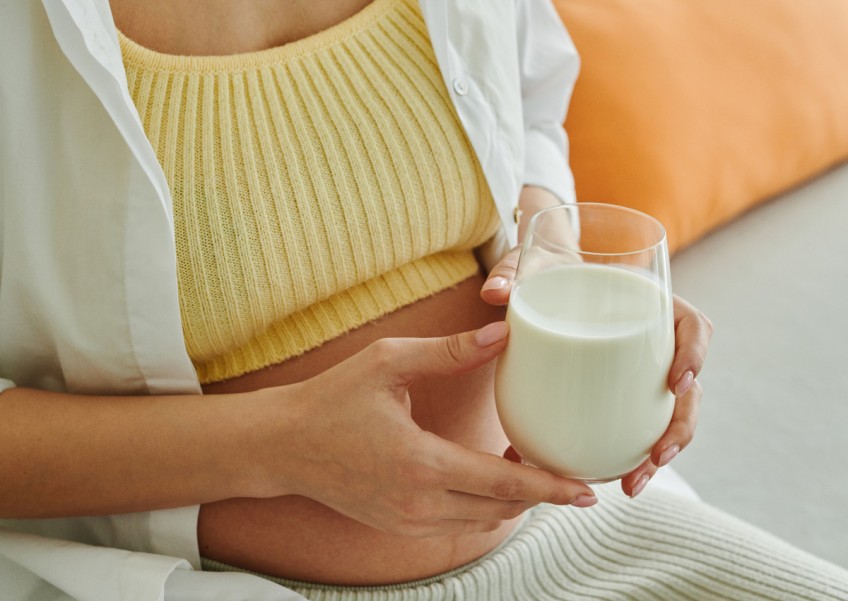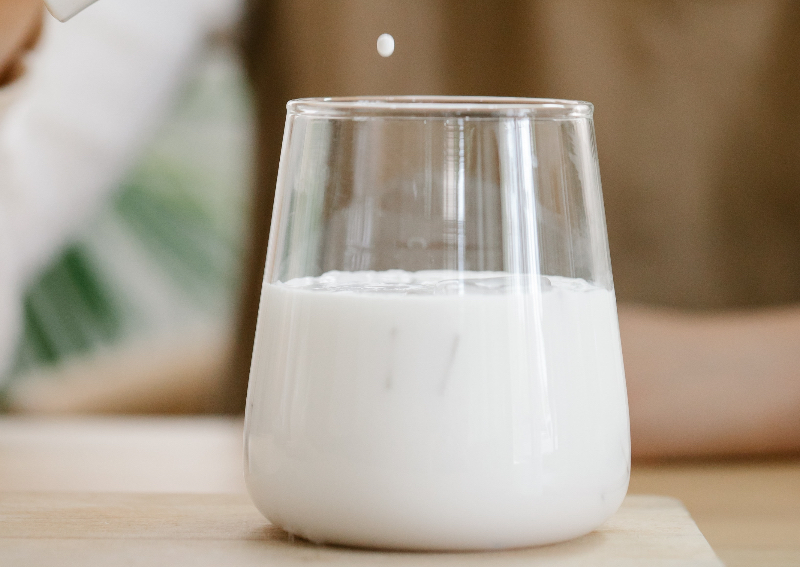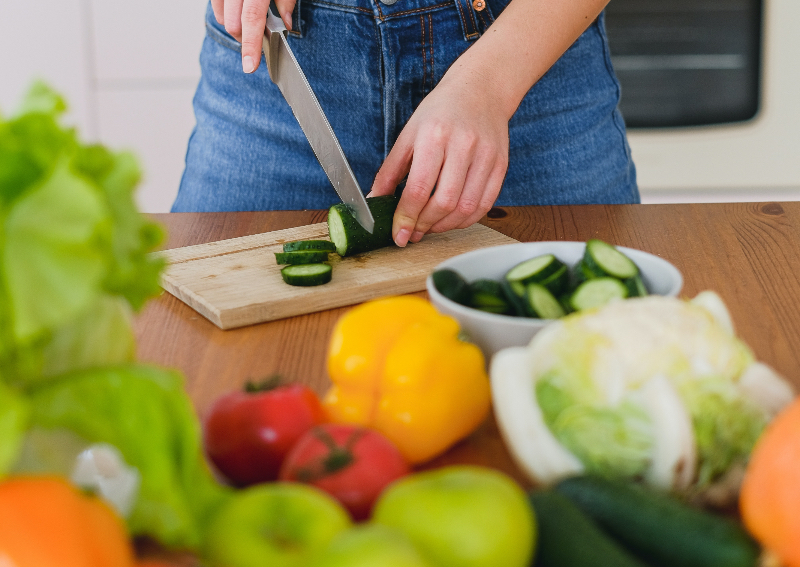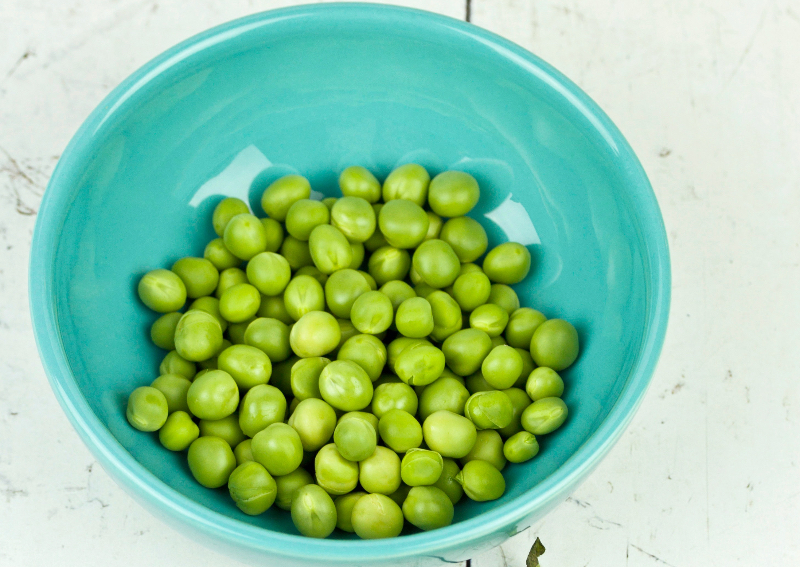The role of molybdenum in a healthy pregnancy: Benefits, intake and sources

Pregnancy is a time when women are bombarded with advice on what to eat and what to avoid.
We've all heard about the importance of folic acid, iron and calcium during pregnancy, but have you ever heard of molybdenum?
It's not a nutrient that gets a lot of attention, but it's an essential mineral that plays a vital role in several bodily functions.

In this article, we'll explore the benefits of molybdenum during pregnancy, recommended daily intake, risks of overdose and rich sources of this mineral.
So let's dive in and learn more about this often-overlooked nutrient.

Molybdenum is an essential trace mineral that is required in small amounts by the body for various physiological processes.
During pregnancy, molybdenum plays an important role in supporting the development and growth of the foetus.
Molybdenum plays a crucial role in the formation of the nervous system and the development of the brain in the foetus.
It also supports the immune system and aids in the breakdown of certain amino acids in the body.
Additionally, it helps in the metabolism of iron, which is important for the formation of red blood cells in the foetus.

The recommended daily intake of molybdenum varies depending on the age and pregnancy status of an individual.
For pregnant women, the recommended daily intake is 50 microgrammes (mcg) per day.
It is important to note that exceeding the recommended daily intake can lead to toxicity and other health complications.
Molybdenum toxicity is rare, but it can occur if an individual consumes large amounts of molybdenum supplements or contaminated water.
Symptoms include diarrhoea, vomiting and breathing difficulties. In severe cases, it can lead to coma and death.

The richest sources of molybdenum are legumes, including beans, lentils and peas.
Other foods that are high in molybdenum include whole grains, nuts and beef liver. Milk and cheese products are also good sources of this nutrient.
In conclusion, molybdenum is an important nutrient during pregnancy, as it plays a crucial role in the development and growth of the foetus.
Pregnant women should aim to consume 50 mcg of molybdenum per day through a balanced and varied diet.
If you have any questions about your dietary and nutritional needs while pregnant, do not hesitate to consult your OB-gynaecologist.
ALSO READ: Fibre and pregnancy: Why every expectant mum should prioritise this nutrient
This article was first published in theAsianparent.